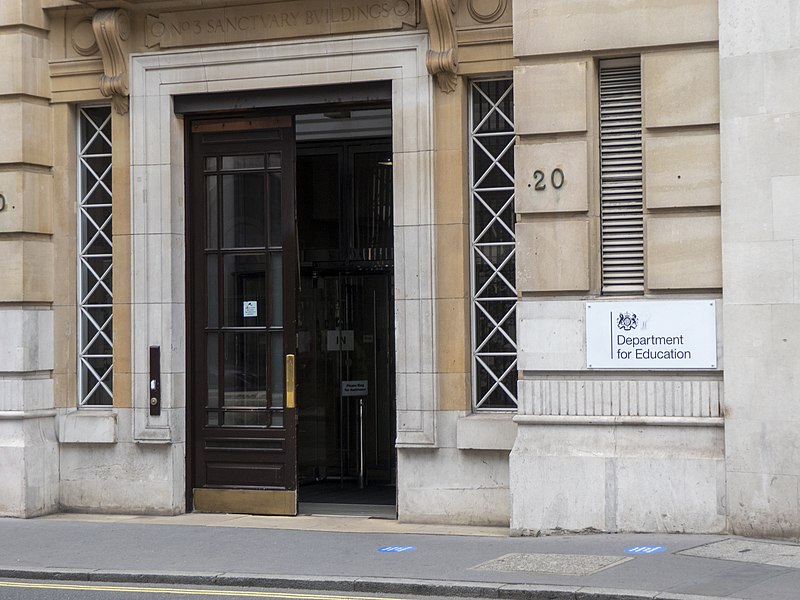
The Department for Education, led by The Rt Hon Gillian Keegan MP, is set to introduce proposals aimed at expanding school options by lifting the cap on faith school places.
This initiative, unveiled on Wednesday, May 1st, coincides with the release of new data indicating that over half of schools in England are now academies.
The forthcoming consultation will explore the possibility of removing the 50% cap, which currently restricts the allocation of places in new faith free schools. Alongside this, the government will propose the establishment of special faith-based academies. These measures aim to build upon the government's achievements in elevating educational standards, with 90% of schools now rated as good or outstanding.
Under the proposed changes, high-performing faith school providers will have the opportunity to create additional school places, fostering strong multi-academy trusts where demand exists. The government recognizes the track record of faith-based educational institutions in delivering high-quality education, particularly in disadvantaged areas.
Recent data reveals a significant milestone, with nearly 11,000 academies now operating in England, representing over half of state-funded schools. This progress aligns with the government's objective of integrating the vast majority of schools into robust trusts by 2030.
Education Secretary Gillian Keegan emphasized the importance of supporting faith school providers to maximize their potential in delivering exceptional education. The proposals include the establishment of faith academies catering to children with special educational needs, further enriching educational opportunities across the country.
The consultation aims to optimize the benefits derived from high-quality academy trusts, with a specific focus on enhancing provision for children with special educational needs and disabilities. Investment in the high need budget has increased by over 60% in the last five years, reaching over £10.5 billion this year, to support this endeavor.
Additionally, the government remains committed to providing record investments to create 60,000 more special needs places nationwide, addressing the decline in special school pupil numbers between 1997 and 2010.
The proposals have garnered support from various stakeholders, including the Church of England and the Catholic Church, which anticipate broader access to faith-based education and improved community cohesion. The Confederation of School Trusts also welcomed the initiative, highlighting the benefits of collaboration within the trust structure.
Former Education Secretary Ruth Kelly and Catholic Union Vice President commend the decision to lift the cap, acknowledging the contributions of Catholic education and its positive outcomes.
Overall, the government's plan to remove the cap on faith school places represents a significant step towards enhancing educational diversity and inclusivity, ensuring every child has access to high-quality education tailored to their needs. Photo by Sebastiandoe5, Wikimedia commons.







































